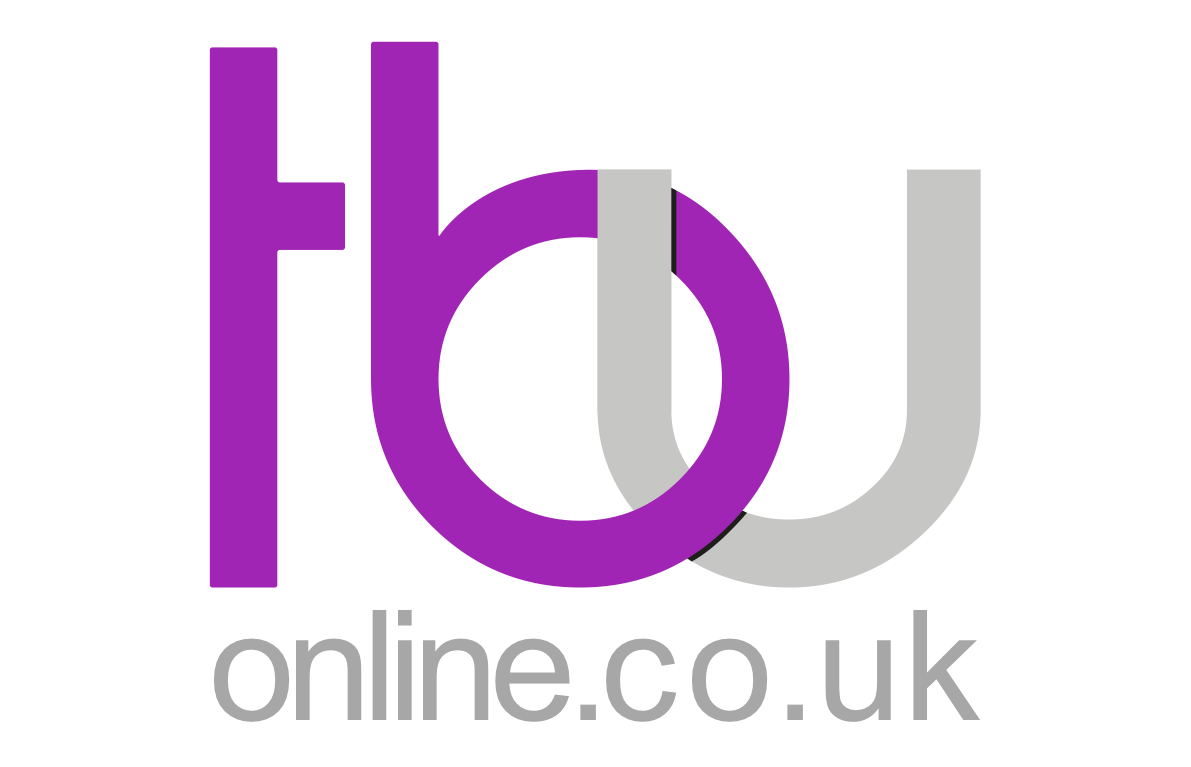TSB was one of the slowest organisations to introduce COVID restrictions to protect staff and customers but it’s one of the first to get rid of them. In respect of face coverings, TSB has said that it’s up to customers to decide whether or not they wear them from today. That’s despite the fact that many branches are small and poorly ventilated.
Whilst the legal requirement to cover your face will end from today, the government has said that: “it expects and recommends” shoppers in England to wear face masks. We appreciate that there is a shift of emphasis, but TSB should still be telling customers that it expects them to wear face coverings when they visit branches, if for no other reason than to protect staff, many of whom may still not have been fully vaccinated. That’s why many large organisations, like Sainsbury’s, Tesco, John Lewis, Waitrose and Asda, are asking customers to keep wearing masks.
Different rules apply in the devolved nations, but Wales, Scotland and Northern Ireland are maintaining stricter rules on face coverings for the time being.
TSB should reconsider its policy on the use of face coverings.
Free Trade Agreements
Affinity has been invited by the Government to join the Trade Union Advisory Group (TUAG) looking at free trade agreements.
The recent Australia Free Trade Agreement is the first free trade deal that’s been negotiated by the Government from scratch. All the other agreements have been rollover agreements of those formerly in place through Britain’s membership of the EU.
As the Department for International Trade (DIT) gears up for negotiations with countries in Latin America and the USA, it set up the TUAG to provide advice to the DIT on protecting and advancing the interests of workers as part of the UK’s trade policy. The Group discusses DIT’s broader long-term trade policy objectives and allows for informed discussions on these priorities. The Group gives trade union leaders a direct audience with DIT to highlight the priorities of their members.
The Group, which meets monthly, advises the DIT but is not a decision-making body and does not set government policy.
Members with any questions or comments on the advisory group or free trade generally, should email me at Mark.Brown@tbuonline.co.uk.
The Worst Pay Deal Ever
Earlier this year Accord, TSB’s inhouse staff union, negotiated a pay deal worth just 0.75% for all grades B-F staff. It was the lowest pay deal in the finance sector. Since that pay deal was imposed on staff, price rises have increased significantly.
The Office for National Statistics announced on Wednesday that the Retail Price Index, which takes into account the cost of housing (who doesn’t pay for somewhere to live?) and is used by unions when negotiating pay increases, is currently running at 3.9%, the highest level since January 2018.
That means everyone in TSB is financially worse off as a result of Accord’s deal with the bank. In Lloyds, the pay deal was worth 0.25% more than in TSB, Accord’s now admitting its mistake saying we: “signed an agreement to implement the proposals with effect from 1 April but, with rising inflation reported since…..April…. virtually everybody…..will experience a fall in the real value of their salaries this year.”. That admission of failure is too little, too late for staff.
Such an error of judgement is only possible when a union is more interested in keeping on the right side of the employer than looking after the best interests of its members. And it’s because of that unhealthy relationship, members are leaving Accord and re-joining TBU, the largest union in TSB.
Forward This Newsletter To Colleagues Who Are Not Yet Members Of The Largest, Independent Union In TSB.
Members with any questions on this Newsletter can contact the Union’s Advice Team on 01234 716029 (Chose Option 1).
